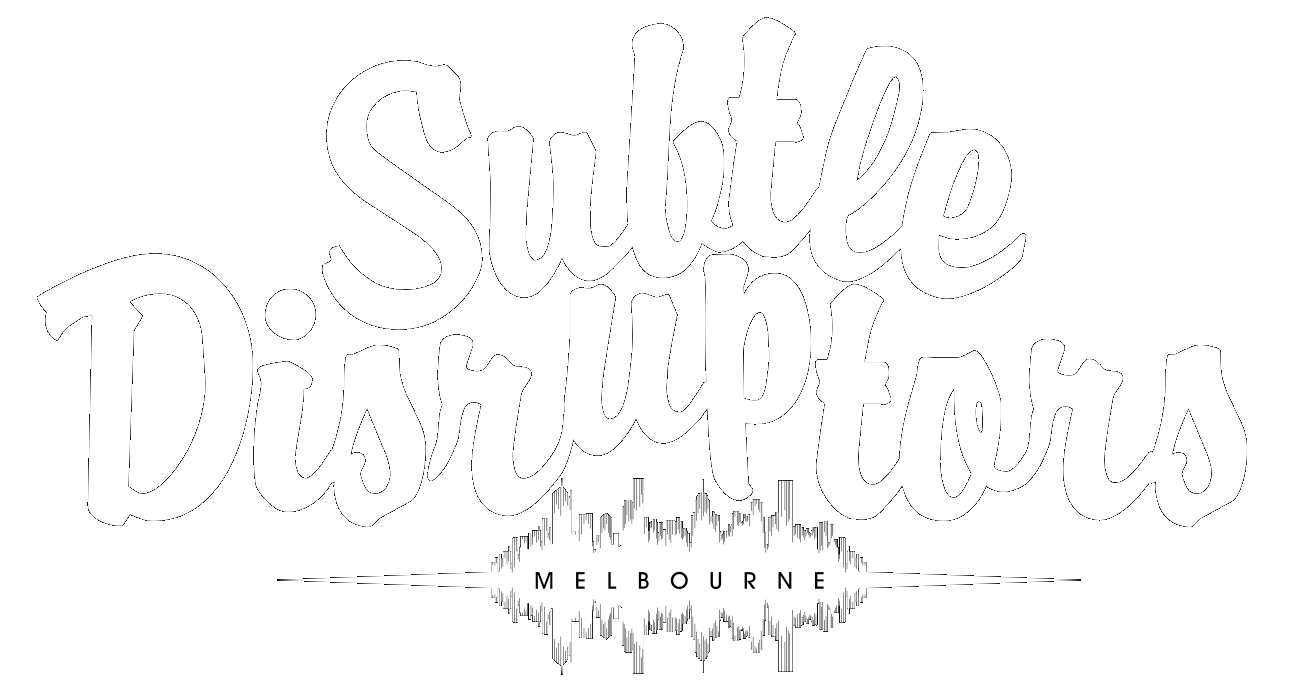Discussing how we can make workplaces good for our whole person is one of my favourite topics. From the environment we work in, the design and how we move through the space, to the meaning we attach to the work we are doing, I think the workplace will be one of the biggest scenes of positive disruption over the next 10 years.
My guest today is one of Australia’s experts in creating a vibrant community and culture within workplaces. Melina Chan is on the leadership team of Inspire9, the original coworking space of Melbourne located within the inner-city suburb of Richmond. There is a wave of coworking spaces hitting cities around the world, and the things that make coworking so successful and attractive are now being sort after by groups as diverse as local councils and consulting firms.
Inspire9 grew organically and incrementally from a group of people who initially enjoyed hanging out together to discuss work, which led them to them seeing that there could be a great deal of value realised in starting a collaborative workplace and being intentional in the way they worked together. Organically growing from these simple origins, the original residents bonded over sanding floors and clearing rubbish away from the space they call home today. Now with more than 170 residents, Inspire9 supports a broad range of businesses from established startups to those who are making their first tentative steps.
Inspire9 is located on two of the floors of the beautiful and historical Australian Knitting Mills building. On level 3, Foundry9 is a space for larger startups that have received their first round of seed funding and are rapidly accelerating. Current residents include Etsy, Eventbrite, Tablo, Culture Amp, and WeTeachMe. On level 1, the original location of Inspire9, is the space for smaller teams, bootstrapping startups, solopreneurs, freelancers, and casual drop-in residents. Despite the diversity and success it has achieved, this is a coworking space that has managed to retain its community-led values and strong collaborative vibe. Testament to this is that despite the difficult and complex nature of coworking business models, Inspire9 has never had to spend a cent on online advertising or marketing.
Melina talks about how the culture of Inspire9 is nurtured, through this like:
– ensuring that wins by resident businesses are noted and celebrated
– thinking of individuals as whole people rather than just clients
– implementing rituals such as birthday cakes, potluck dinners and Friday night drinks
– and even having a wall to ‘celebrate’ those times when people have given something a go and it hasn’t quite come off.
Melina has been integral to the formation and growth of Inspire9. She gained many of her skills in social enterprise, culture and learning-through-doing from her time in Cambodia. It was here that she saw firsthand the trouble donor-led models had in sustainably bringing about change in developing countries, and started to seek out alternative business models. Through a series of business experiments she landed upon and founded three businesses that have had an amazing local impact as social enterprises:
– Soksabike: providing sustainable, educational bicycle tours of the Cambodian countryside;
– Kinyei Cafe: a coffee shop, coworking space, and peer-to-peer education space; and
– Sammaki: a community art gallery and studio.
It is these key learnings of building slowly in the beginning to ensure community buy-in and a strong foundation, and of learning through doing that have been a big part of making Inspire9 the unique place it is today.
Some of the big trends in workplaces at the moment are about people looking for more flexibility, people with passion projects and side hustles, people looking for meaning in their work, and people looking for a place that cares for them as a whole person. Inspire9’s key success indicators reflect this growing trend:
– Resident, personal, and professional transformation;
– Business sustainability; and
– Community connection, to both residents within Inspire9 and the broader ecosystem of startups and innovators.
The areas of collaborative consumption and high-density urban living are areas that Melina would love to be part of disrupting one day. And at the end of our conversation Melina sets a task for those of us wanting to become subtle disruptors. She suggests taking 30 minutes to reflect on the activities of our life, noting those we are doing because of inertia, and those we are doing because we choose to.
Podcast: Download
Subscribe: Apple Podcasts | RSS




Leave a Comment